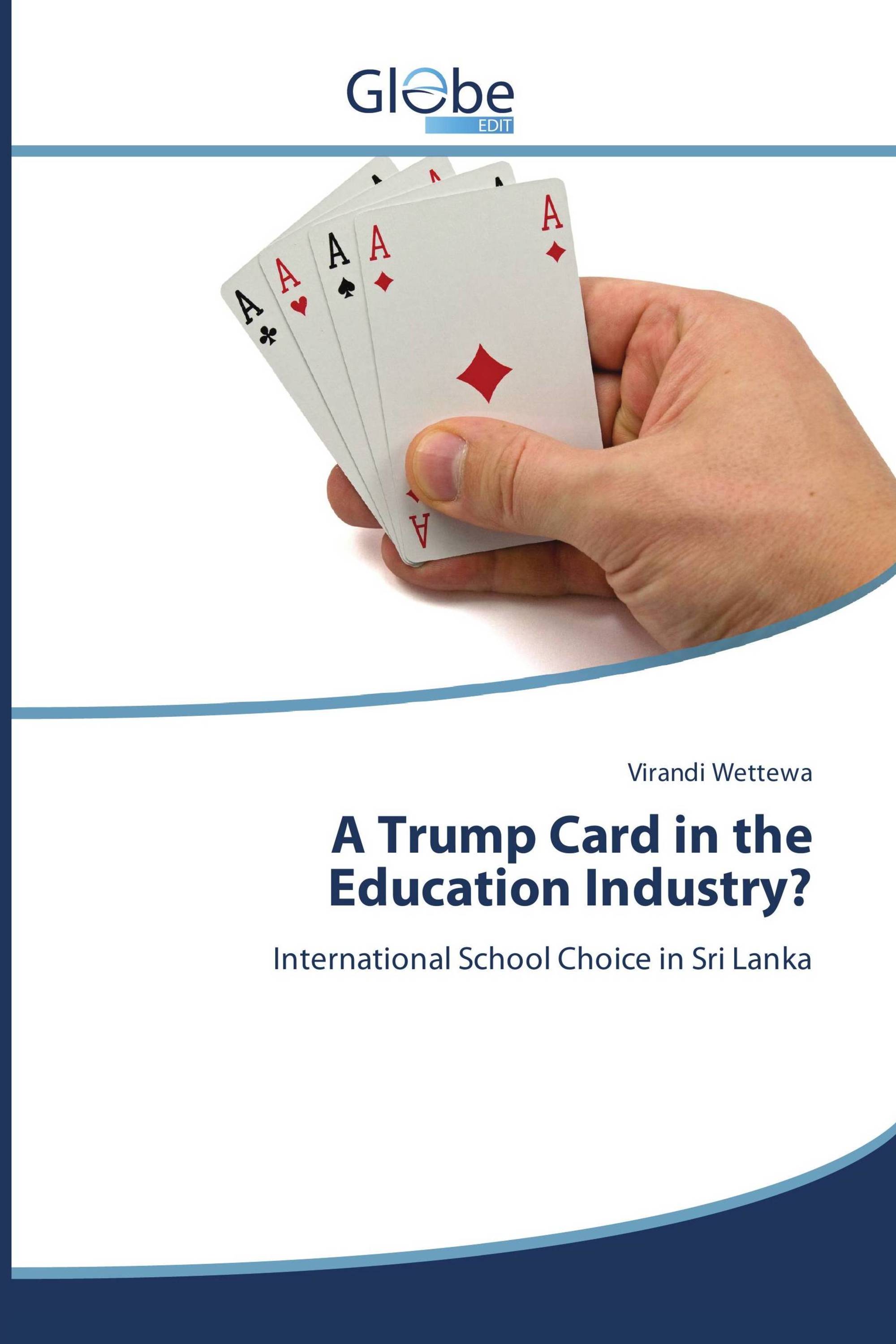Sri Lanka is a multi-cultural state comprising of four major ethnic groups speaking three languages. The ‘Swabasha’ policy requires all students to be educated in their mother tongue perpetuating ethnic segregation along linguistic divides. State-owned, semi-governmental and private schools follow the National Curriculum under the Ministry for Education. In 1961, Sri Lanka banned the establishment of any new private schools in the country. Since then, there has been a profusion of institutions claiming to be ‘International Schools’. These schools exist within a loophole in the legal framework, established under the ‘Company’s Act’. This research outlines the reasons behind international school popularity and unpacks some of the anxieties that this education system has given rise to in recent times. The theoretical basis lies on Bourdieu’s concept of cultural capital as well as global identity formation; the verdict being that English proficiency and foreign credentials allow for a competitive edge in neo-liberal times yet grounding oneself in the local culture is of paramount importance if education is to be truly international.
Book Details: |
|
|
ISBN-13: |
978-620-2-48798-6 |
|
ISBN-10: |
6202487984 |
|
EAN: |
9786202487986 |
|
Book language: |
English |
|
By (author) : |
Virandi Wettewa |
|
Number of pages: |
336 |
|
Published on: |
12.03.2018 |
|
Category: |
Education system |
